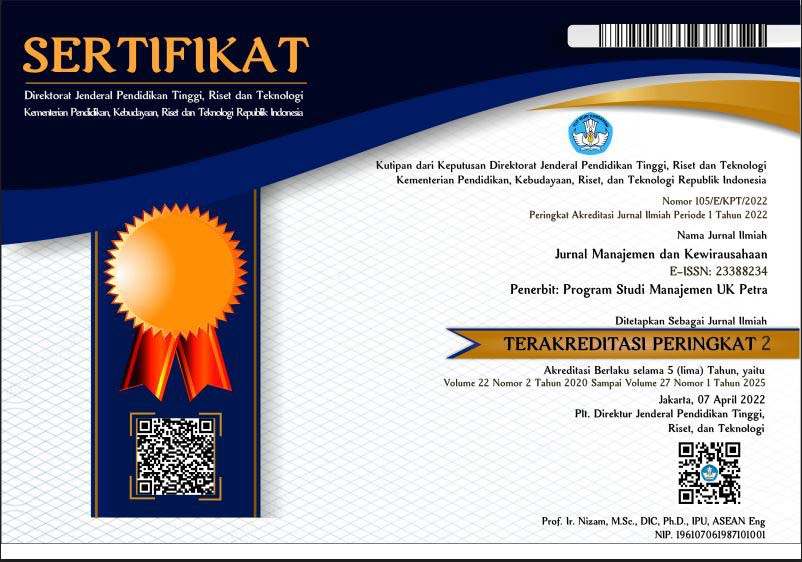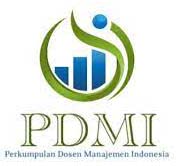AFTA : INDONESIAN INDUSTRIALIST AND CUSTOMS PERSPECTIVE
 :
:
https://doi.org/10.9744/jmk.5.2.pp.%20112-122
Keywords:
AFTA, Common Effective Preferential Tariff (CEPT), Industrialist, Customs.Abstract
AFTA is the concept of eliminating tariff barriers among ASEAN countries with a view to integrating the ASEAN economies into a single production base and regional market. The main objective of AFTA is to increase ASEAN's competitive edge as a production base geared for the world market. The critical step in this direction is the liberalization of trade in the region through the elimination of intra-regional tariffs and elimination of non-tariff barriers. In Indonesian industrialists view, the implementation of liberalization of trade in AFTA scheme is not only a challenge, but more likely a massive problem, for they have minimum competitive advantage compared to other ASEAN countries (especially Singapore, Malaysia and Thailand). Since the 1970s, Indonesian economic development was built on the basic pattern of the bureaucratic-industrialist relationship, which caused fragile industrialists and corrupt bureaucrats. These bureaucrat-industrialist relationships grew immensely in Soeharto's era, and are still sustained until now. Recently, Indonesia had to face the competitive trade among ASEAN countries as the consequences of the implementation of the regional integration commitment through AFTA. Moreover, as a member of ASEAN, it looks like Indonesia has no choice but to join this competition. Until now, there is so much resistance in implementing AFTA in Indonesia, especially accepting the Common Effective Preferential Tariff (CEPT)scheme in the import sector (for both industrialist and customs). The implementation of CEPT scheme, in the import sector, makes Indonesian industrialists worry of losing their dominance on local markets. On the other side, the bureaucrats, especially the Indonesian customs, will lose their revenue from import duty and also their 'under-table business', that causes a high cost economy and creates so many inefficiencies.Downloads
Published
2004-06-04
How to Cite
Kaihatu, T. S. (2004). AFTA : INDONESIAN INDUSTRIALIST AND CUSTOMS PERSPECTIVE. Jurnal Manajemen Dan Kewirausahaan, 5(2), pp. 112-122. https://doi.org/10.9744/jmk.5.2.pp. 112-122
Issue
Section
Articles
License
Authors who publish on this journal agree to the following terms:
- Authors retain copyright and grant the journal right of first publication with the work simultaneously licensed under a Creative Commons Attribution License that allows others to share the work with an acknowledgement of the work's authorship and initial publication in this journal.
- Authors are able to enter into separate, additional contractual arrangements for the non-exclusive distribution of the journal's published version of the work (e.g., post it to an institutional repository or publish it in a book), with an acknowledgement of its initial publication in this journal.
- Authors are permitted and encouraged to post their work online (e.g., in institutional repositories or on their website) prior to and during the submission process, as it can lead to productive exchanges, as well as earlier and greater citation of published work (See The Effect of Open Access).

















